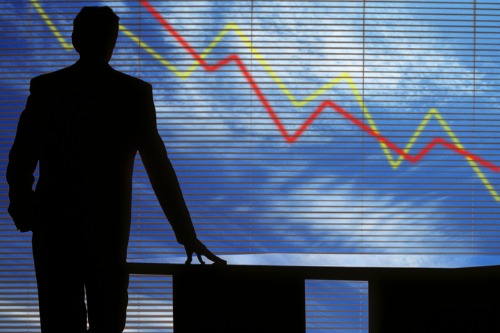To gauge the impact of COVID-19 on commercial real estate, Trepp applied a forecast scenario to 12,500 CRE loans

: A new report by Trepp finds rising defaults and losses in the commercial real estate lending sector are assured, but their magnitude and distribution are less certain.
In an effort to understand the economic disruption caused by COVID-19 and how it will impact the commercial real estate sector, Trepp has applied an economic and real estate forecast scenario to a portfolio of 12,500 commercial real estate loans. In the scenario used, Trepp is predicting the cumulative default rate across commercial mortgages to rise to 8% from the current 0.4% default rate.
“It is difficult to know which economic scenario to use. It is possible that the severe disruptions that have been impacting nearly every aspect of daily life will be over as suddenly as they hit, but it is also possible that they will last longer and have a deeper impact on the economy,” the report stated. “Even if the disruptions do pass relatively quickly, the linkages within the economy mean that the economic fallout will be with us for some time.”
Trepp used the Severely Adverse scenario that regulators created for large bank stress testing, but with a few changes. It assumes the GDP will fall abruptly, unemployment rises significantly, and interest rates plunge. In this scenario, commercial real estate prices drop by 35% in the first two years. Trepp also took property sector price and net operating income (NOI) change forecasts into consideration to reflect the larger impact on the retail and lodging sector.
With the virus bringing the tourism and travel industry to a screeching halt, Trepp is predicting a cumulative default rate approaching 35%. Similarly, many retail businesses are facing forced closures and restaurants are either closed or doing take-out business only. Retail could see default rates rise to 16% under this model.
On the other end of the spectrum, multifamily and industrial will likely be the least affected by the coronavirus outbreak, at least in the short run. With most people spending significantly more time in their homes, the surge in e-commerce is supporting the demand for industrial space. Office space is mostly protected by long term leases, despite most offices currently sitting empty. However, with the transition to work-from-home setups for many businesses, this sector may face troubles in a longer-term scenario.
While the report predicts severe impact for commercial mortgage defaults and losses, it still doesn’t touch what was experienced during the Great Recession. Trepp estimates commercial default rates for commercial mortgages in the COVID-19 scenario to hit 2.7%, whereas peak default rates during the Great Recession hit 4.4%. This could be due to the scenario itself and the timeframe used, the significant difference in price and NOI assumptions and/or the portfolio of loans used, according to the report.
Trepp used loans from a data set of commercial balance sheet loans held by a variety of banks, ranging from community banks to large institutions. The 12,500 loans had an aggregate outstanding balance of $77.5 billion and spanned a broad range of property types and loan sizes, with most of the loans originated in the past five years.



